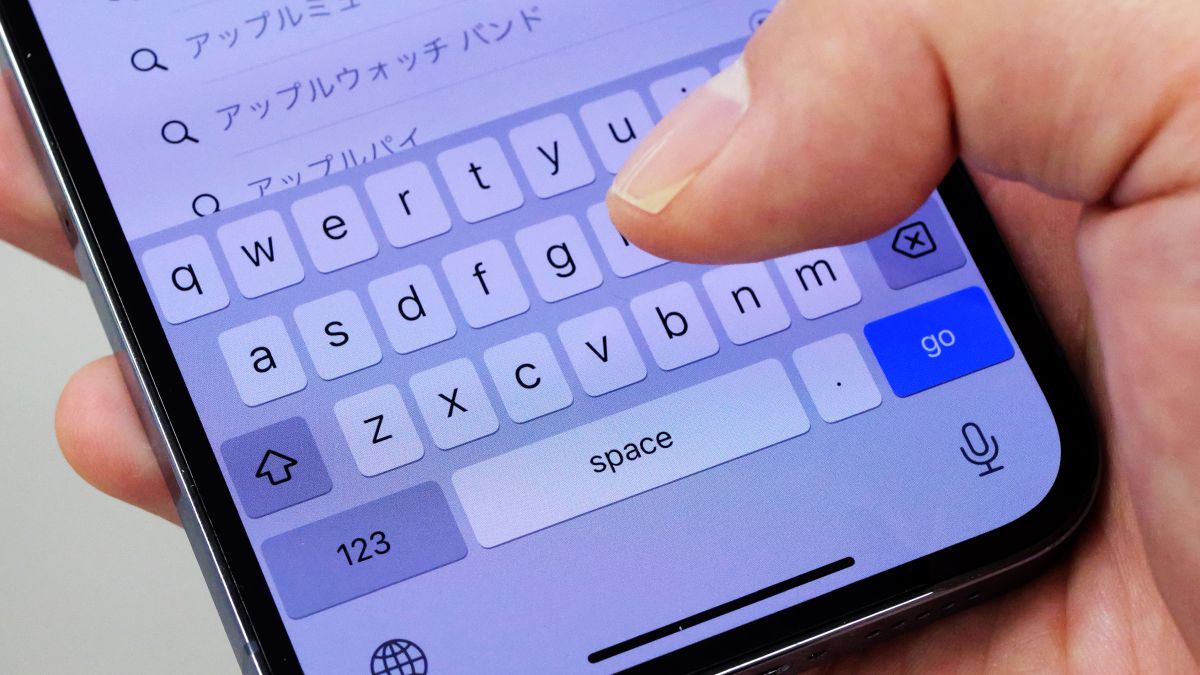**Keyboard App Vulnerabilities: Protecting Your Keystrokes in the Digital Age**
In a startling revelation, security researchers have uncovered alarming vulnerabilities in Chinese mobile keyboard apps that could expose users’ keystrokes to malicious actors. These apps, used by millions of individuals daily, pose a significant threat to data privacy and security.
**What Went Wrong?**
Researchers from the Citizen Lab, a renowned cybersecurity organization, analyzed nine popular keyboard apps from leading vendors like Baidu, Tencent, and Xiaomi. Their findings revealed critical shortcomings in eight of these apps, including encryption flaws, sensitive data transmitted in plain text, and eavesdropping vulnerabilities.
**Exploitation and Impact**
These vulnerabilities could be exploited by attackers to intercept and decrypt users’ keystrokes, including sensitive information such as usernames, passwords, and personal messages. The threat is particularly concerning as China has a significant share of the global mobile market, potentially affecting over one billion users.
**Affected Apps and Mitigation**
The following keyboard apps are affected by the identified vulnerabilities:
- Tencent QQ Pinyin
- Baidu IME
- iFlytek IME
- Samsung Keyboard (Android)
- Xiaomi Keyboard
- OPPO Keyboard
- Vivo Keyboard
- Honor Keyboard
Most app developers have addressed the vulnerabilities, but Honor and Tencent (QQ Pinyin) have yet to fully resolve the issues. To mitigate the risk, users are advised to update their apps and operating systems regularly and consider switching to a keyboard app that operates entirely on-device.
**Protecting Your Data**
To protect against these vulnerabilities and safeguard your keystrokes, consider the following measures:
- Keep your mobile devices and apps up-to-date with the latest security patches.
- Use keyboard apps that operate entirely on-device, eliminating the risk of remote eavesdropping.
- Be cautious of the permissions granted to keyboard apps, allowing only essential access.
- Avoid using sensitive information in keyboard shortcuts or predictive text suggestions.
“These vulnerabilities highlight the critical need for robust encryption and data protection measures in mobile apps,” said Dr. Jeffrey Knockel, a Citizen Lab researcher. “Users must be vigilant in protecting their sensitive information, especially in light of evolving cyber threats.”
As the use of mobile devices continues to grow, ensuring the security and privacy of our keystrokes becomes paramount. By adopting these protective measures, we can mitigate the risks associated with keyboard app vulnerabilities and safeguard our digital information.

